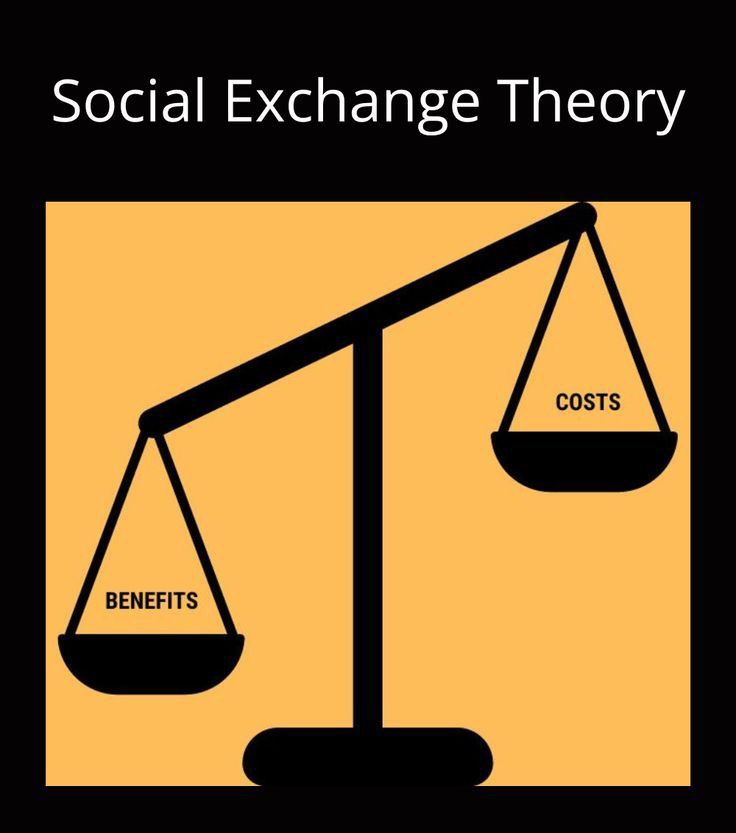
Gen Z and Relationships: Love, Screen, & Connection
Gen Z and Relationships: Love, Screen,& Connection
“Are Gen Z Relationships built to last, or are they just Digital Fantasies? “
Well, let’s find out here.
Gen z’s Typically defined as those born between 2004 and 2014, is a generation known for challenging norms, embracing innovation and prioritising mental wellbeing. They have broken stereotypes, redefined traditional ideas, and introduced new perspectives in nearly every aspect of life, education, friendships, and most importantly relationships.

Unlike previous generations, Gen Z are open about their emotions, afraid to voice their opinions and quick to let go of habits or traditions that no longer serve them. They value emotional well-being and progressive thinking. However, this shift in perspective also creates a gap between them and those who hold more traditional views sometimes making it difficult to connect across generations. Their bold opinions and personalities have brought changes in the culture leading to more widespread and modern thoughts.
Their Approach to relationships is also influenced by modern challenges including social media, digital communication, and shifting societal expectations.
So, How does this generation truly navigate love, friendship, and connections in today's world? Let’s dive deeper.
A.The digital influence on relationships :
Social media and Dating apps such as Tinder, Bumble, and Hinge in Morden relationships play a major role. These platforms offer endless opportunities to meet new people fostering connections that might never have happened otherwise. With just a few swipes or messages, individuals can find potential partners who share similar interests values or lifestyles.
However, while these apps make it easier to meet new people they also come with risks. One of the biggest talents is the uncertainty of online interactions we often trust somebody based on their text and profile without really knowing who they are this can lead to issues like catfishing, where people pretend to be someone they are not, or even emotional deception, where intentions may not always be genuine. A balance between online and offline interactions is key to building relationships that are both emotionally fulfilling and authentic.

• Social exchange theory:
Now let’s understand the approach to relationships by Gen Z’s.
Social exchange theory suggests that people evaluate their relationships based on cost-benefit analysis. In simple terms, individuals access what they are giving versus what they are receiving in relationships. If the benefits such as emotional support, companionship and happiness, outweigh the cost like time, effort and potential heartbreak they are more likely to invest in and maintain that relationship.

For Gen Z this theory plays a crucial role in modern relationships. And like previous generations, they place a high value on emotional well-being and personal freedom. They are more likely to leave relationships that are toxic, unfulfilling or energy-draining.
In the end, social exchange theory helps explain why Gen Z approaches relationships with a pragmatic mindset. They are not afraid to walk away if the emotional causes are too high and they prioritise connections that align with their mental health and emotional well-being. They are often set with high standards when it comes to relationships.
B. Emotional Independence & Self-Prioritization:
Gen Z is highly focused on self-growth, career and mental health. They are trying different ways to succeed in their respective careers, they are exploring new career options and not sticking to their limited beliefs which were set by their parents or families. Unlike previous generations, they are actively prioritising their emotional independence rather than relying on a single person for emotional support. They are open to building new connections forming diverse friendships and expanding their networks. Even introverts who traditionally preferred solitude are now stepping out of their comfort zones to engage in meaningful conversations and seek genuine relationships.
However, despite the openness to connection Gen Z faces a unique challenge in modern society which increasingly focuses on money success and career advancement often at the cost of deep human relationships while many people are chasing material, Gen Z continues to crave love attention and care not just from romantic partners but also from family and friends when they do not receive the emotional support they seek they channel their energy into self-growth mental wellbeing and professional aspirations.

In essence, Their approach to emotional independence is not about avoiding relationships but about ensuring that their well-being and growth remain a priority. , and they are truly aware of their self-worth and the connections they want to build.
• Relationship styles:
In the past, relationships were often built on strong emotional bonds with people committing to a single partner for life. Marriage was seen as the ultimate goal and relationships were expected to follow a traditional structure. However, Gen Z is redefining these norms by exploring non-traditional styles. Now let's deep dive into the relationship types.
1. Open relationships:
A relationship where both partners agree to see other people while maintaining their primary bond, building on trust and clear communication.
2. Situationships:
A romantic or intimate connection without clear labels or commitment, exists somewhere between casual dating and serious relationships.
3. Causal Dating:
Dating without long-term expectations or exclusivity focused on fun exploration and companionship.

Gen Z’s Approach to relationships reflects their desire for flexibility, exploration and a deeper understanding of what really fulfils them. While not every Gen Z support this relationship dynamics most of them follow it.
• Attachment Theory and Gen Z’s Approach to Relationships:
Attachment theory explains how individuals form emotional bonds based on early experiences with caregivers. It classified attachment styles into 4 main types. Secure, Anxious, Avoidant and Disorganised.
Many Gen Z individuals tend to exhibit avoidant attachment meaning, they prioritise independence and personal growth over deep relationships and emotional dependence this is often driven by Fear of commitment, Emotional Vulnerability, and a Desire for Self Sufficiency.

Unlike past generations that valued long-term relationships early on, Gen Z is more cautious about the emotional investment they prefer maintaining personal space, setting clear boundaries, and avoiding relationships that feel restrictive. The rise of social media and dating apps has also contributed to the rise of making connections easier but deeper trust harder to build.
C. The challenges of Commitment and Communication:
• Fear of settling down too soon:
Gen Z are more cautious About commitment after often prioritising personal growth and career aspirations over relationships require emotional energy, time, and effort things that some individuals feel they cannot afford while chasing their ambitions for some, relationships are long-term investments, while for others they can feel like an emotional burden that might hold them back from achieving their full potential. This fear drives many Gen Z Individuals to prefer short-term, less emotionally intense relationships that allow them to focus on their personal goals without feeling tied down.
• Ghosting culture and Emotional Impact of Digital Breakups:
Well, ghosting is the act of cutting off all communication without explanation has become increasingly common in modern dating, particularly among teenagers. The behaviour stems from a lack of deep emotional connections and trust, making it easier to disappear rather than confront uncomfortable conversations.

However, this culture has also led to emotional distress, leaving people with unanswered questions and unresolved emotions. Despite this many Gen Z Individuals are actively seeking meaningful relationships and rejecting the ghosting trend in favour of deeper emotional bonds.
• Psychology concept: Fear of Missing Out (FOMO) :
FOMO Plays a significant role in how Gen Z‘s approaches relationships. Many hesitate to commit because they fear they might find “SOMEONE BETTER” or more fulfilling experiences elsewhere.

The endless options provided by dating apps create the illusion that there is always a better match just a swipe away from committing Feels risky. This uncertainty leads to short-lived relationships and an ongoing cycle of search for the “PERFECT PARTNER” often at the cost of genuine emotional connections.
Conclusion:
In conclusion, Gen Z‘s has truly set itself apart by breaking norms and stereotypes, providing society with fresh perspectives and innovative ideas. They excel in exploring new career paths, embracing personal growth, and challenging outdated concepts. However, while they are making a difference in many areas, there is still a need for deeper emotional connection.
The leniency with which they approach relationships, often treating them as temporary or shallow, can lead to confusion and mental stress. The pressure Gen Z faces, whether in relationships, careers, or academics, can sometimes manifest in unhealthy patterns, like casual relationships or increased mental health changes.
Parents should provide the love, care, and attention that their children need, teaching them valuable moral lessons that cannot be bought.

“In a world where connection is often fleeting, Gen Z must remember that true relationships are built on understanding, trust, and genuine care, not just pure state of fleeting moments or material success. Real peace comes from within, not from what we own or we know.”
Appreciate the creator